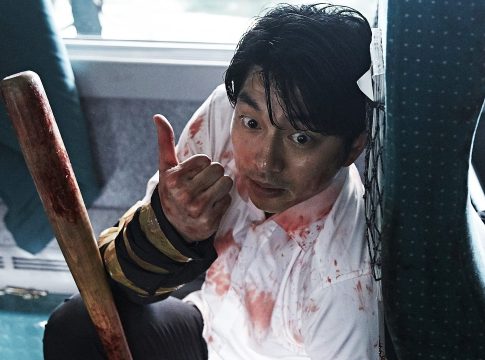Why All of Us Are Dead is the True Spiritual Successor to Train to Busan
The world of zombie cinema has seen its fair share of hits, but few have left as lasting an impression as Train to Busan. Released nearly a decade ago, the film, directed by Yeon Sang-ho, took the genre by storm, merging heart-pounding action with deeply resonant emotional themes. With a budget of just $8.5 million, it grossed an astonishing $98.5 million worldwide, paving the way for two follow-up films—one an animated prequel and the other an ambitious sequel, Peninsula.
The Sequel That Misfired
Let’s spill some ink on Peninsula—downtown’s red flag when it comes to sequels. While Seoul Station had its fans, Peninsula landed with the weight of a lead balloon. Critics panned it for rushing to capitalise on the original’s success without preserving the emotional depth and stellar character arcs that made Train to Busan a standout. Instead of stirring narratives, audiences were treated to a CGI-laden spectacle that felt more like a video game than a profound exploration of humanity during crisis.
Peninsula wanted to amplify the action but lost sight of what mattered: the emotional tether connecting viewers to the characters. It was flashy but faltered where it counted most—heavy on the spectacle yet light on substance.
A Streaming Gem: All of Us Are Dead
Enter All of Us Are Dead, Netflix’s much-lauded K-drama that’s been rightfully dubbed an unofficial successor to Train to Busan. This series carves its own niche by grounding its frantic zombie action in relatable teenage struggles. Yes, we’re talking about the classic tropes of high school drama intertwined with a deadly apocalypse.
All of Us Are Dead manages to do what Peninsula couldn’t: it combines visceral zombie thrills with rich storytelling that resonates emotionally. Rather than merely portraying humans fighting for survival, the series delves into the real-life issues of bullying, social isolation, and institutional failure.
Fast Zombies, Fast-Paced Heart
Let’s chat about the zombies—because who doesn’t love a good shamble? While traditional undead may have that sluggish gait, All of Us Are Dead ups the ante by introducing fast, aggressive zombies, reminiscent of their cinematic brothers in Train to Busan. This refreshes the genre, making every encounter nail-biting and unpredictable.
Themes That Resonate
Like Train to Busan, this series doesn’t shy away from heavy themes. While the former explores class struggles and the moral dilemmas faced during a crisis, All of Us Are Dead uses its deadly narrative backdrop to comment on the mental health crises infecting the youth today. It’s the kind of raw commentary that elevates the series above just another horror show.
A Match Made in Zombie Heaven
Despite existing in separate universes, there’s an undeniable chemistry between Train to Busan and All of Us Are Dead. While the films do not interconnect, their thematic and tonal similarities make them perfect complementary pieces for any horror aficionado’s watchlist.
In a world where sequels often disappoint, the Netflix series rises to the occasion, pairing beautifully with its predecessor. So grab your popcorn, brace yourself for some heart-pounding thrills, and prepare to bask in the brilliance of these two groundbreaking works. Trust us—these are must-watches for anyone looking to devour stellar storytelling paired with zombie chases.

Covers viral stories, pop culture, and breaking celebrity news.
Bio: Jamie has a sharp eye for what’s buzzing online, tracking social media trends and entertainment headlines around the clock.

